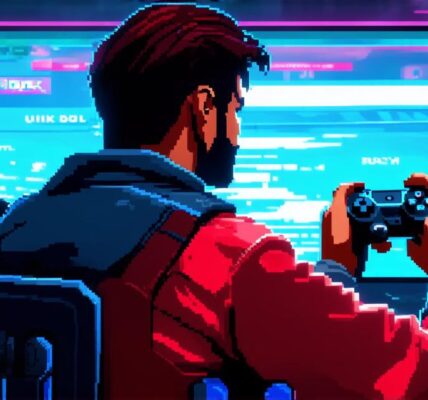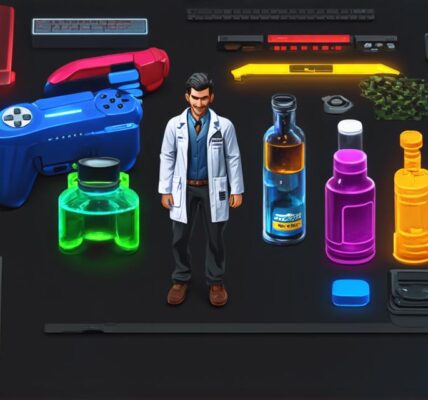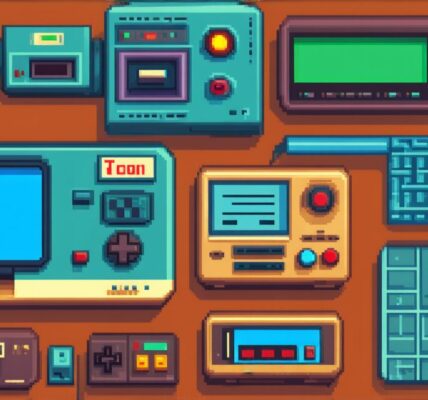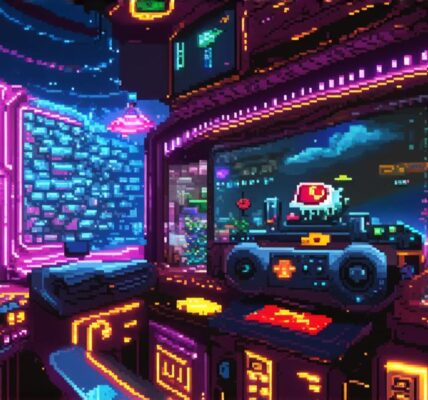Video games have become an integral part of our daily lives, with millions of people worldwide playing them for entertainment and relaxation. The industry is rapidly growing, and with it comes the need for talented video game designers who can create immersive and engaging games that captivate players.
The Skills You Need
Becoming a video game designer requires a combination of technical, creative, and problem-solving skills. Here are some of the most important skills you will need:
- Programming: Video games are essentially software applications, so having a strong understanding of programming languages such as C++ or Unity is essential for designing games. You don’t need to be an expert programmer, but you should have a basic understanding of how code works and how to write it.
- Art and Design: Video game design involves creating visual elements, such as characters, environments, and user interfaces. Having a strong background in art or graphic design can help you create these elements and make your games more visually appealing.
- Game Mechanics: Game mechanics are the rules that govern how a game works, including movement, combat, and puzzles. Understanding game mechanics is essential for creating fun and engaging games that players will enjoy.
- Collaboration: Video game development is a collaborative effort, with designers working alongside artists, programmers, and other team members to bring their vision to life. Being able to work effectively in a team environment is crucial for success as a video game designer.
- Creativity: Finally, being a video game designer requires a lot of creativity. You need to be able to come up with unique and innovative ideas that will stand out in a crowded market.
The Education You Need
While there is no formal education required to become a video game designer, many people choose to pursue a degree in a related field such as computer science, art, or design. These degrees can provide you with the skills and knowledge you need to succeed in the industry, including programming, game mechanics, and art design.
In addition to a formal education, there are many online courses and tutorials that can help you learn the skills you need to become a video game designer. Websites like Udemy, Coursera, and Skillshare offer a wide range of courses on topics such as game programming, art design, and game mechanics.
The Experiences You Need
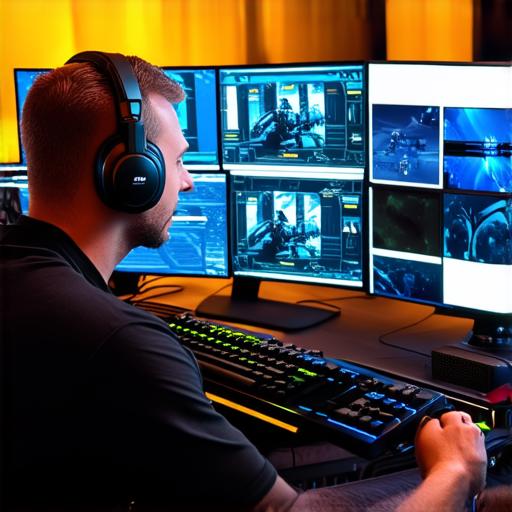
As with any career, gaining experience is essential for becoming a successful video game designer. Here are some ways to gain experience in the field:
- Internships: Many companies offer internships for aspiring video game designers. These internships can provide you with hands-on experience working on real games and help you build your portfolio of work.
- Modding: Modding is the process of creating custom content for existing games, such as new levels or characters. Modding can be a great way to gain experience in game design and learn about game mechanics and programming.
- Self-Projects: Finally, self-projects are an excellent way to showcase your skills and gain experience as a video game designer. You can create small games or prototypes on your own and share them online to get feedback from other designers and players.
Case Studies: Success Stories in Game Design
One of the best ways to learn about becoming a video game designer is by studying successful case studies of people who have made it in the industry. Here are a few examples:
- Shigeru Miyamoto: Shigeru Miyamoto is the creator of the Mario franchise and one of the most successful game designers of all time. He started out as an artist before moving into game design, and his success is a testament to the importance of creative thinking and collaboration in the industry.
- Jonathan Newman: Jonathan Newman is the founder of indie game studio Noodlewerk and creator of the hit game “Osmosis: The Game.” He has a strong background in art and design, which has helped him create visually stunning games that have captivated players around the world.

